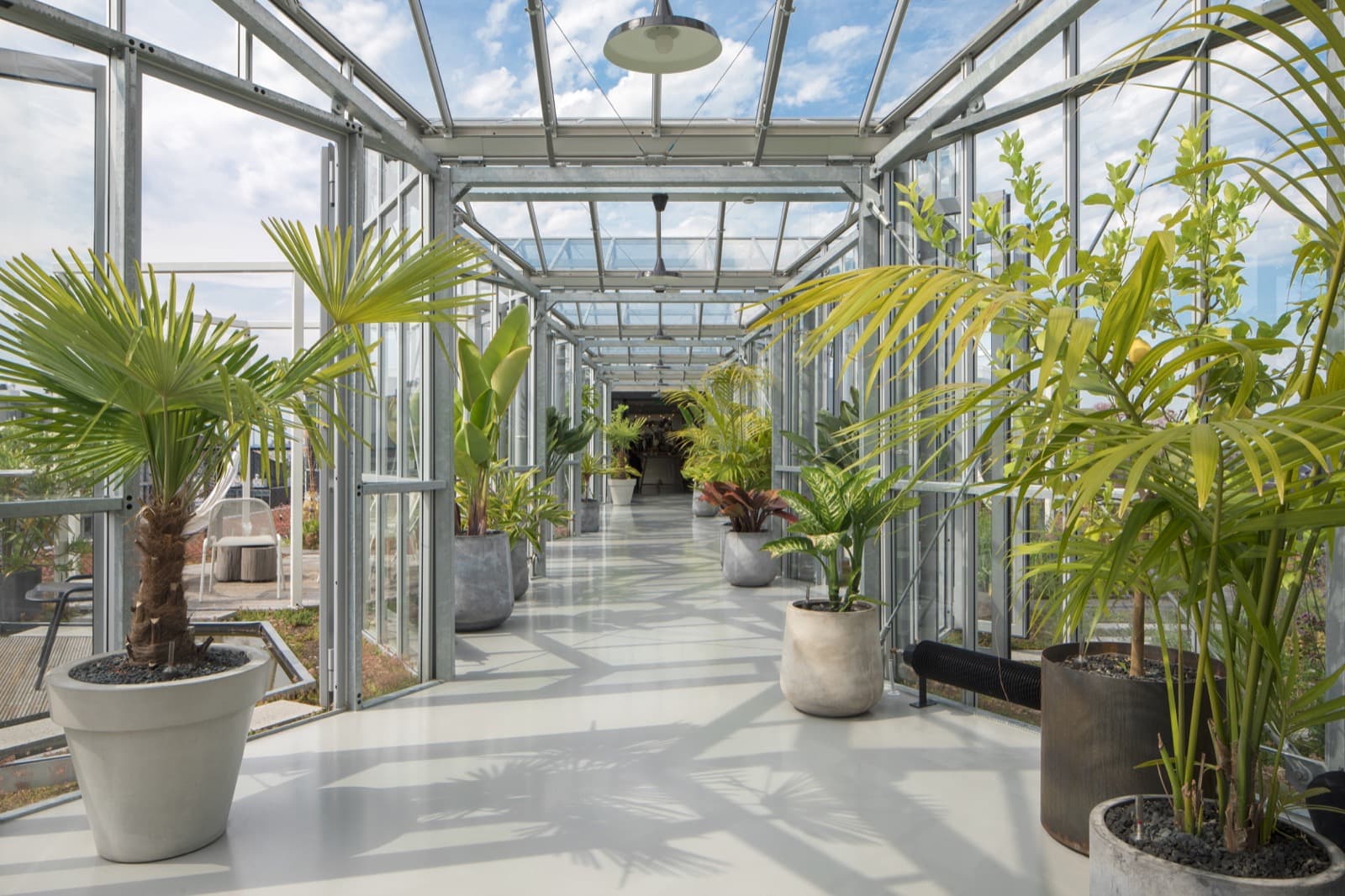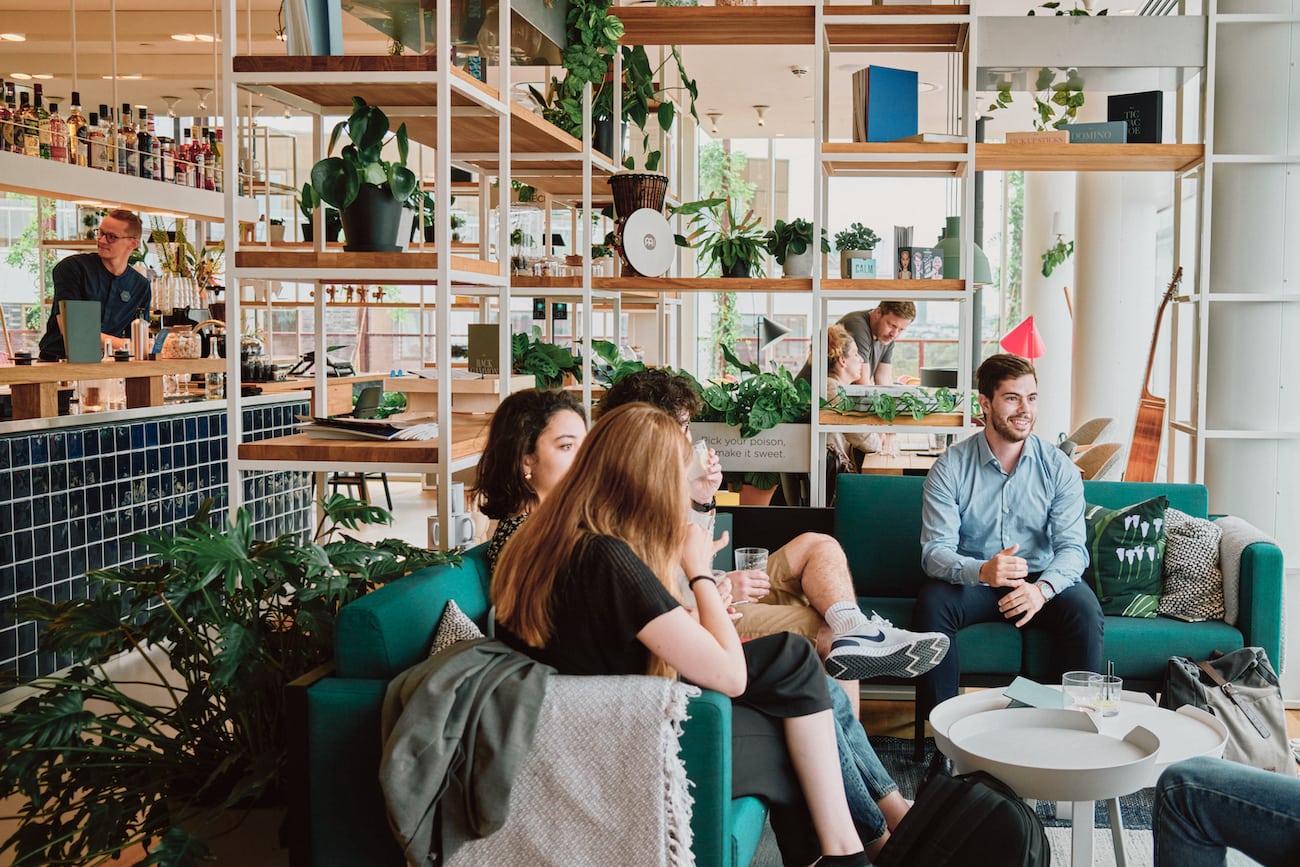THE DEFINITIVE AMSTERDAM RELOCATION CHECKLIST
March 28, 2023
Read our checklist and get a head-start on your relocation.
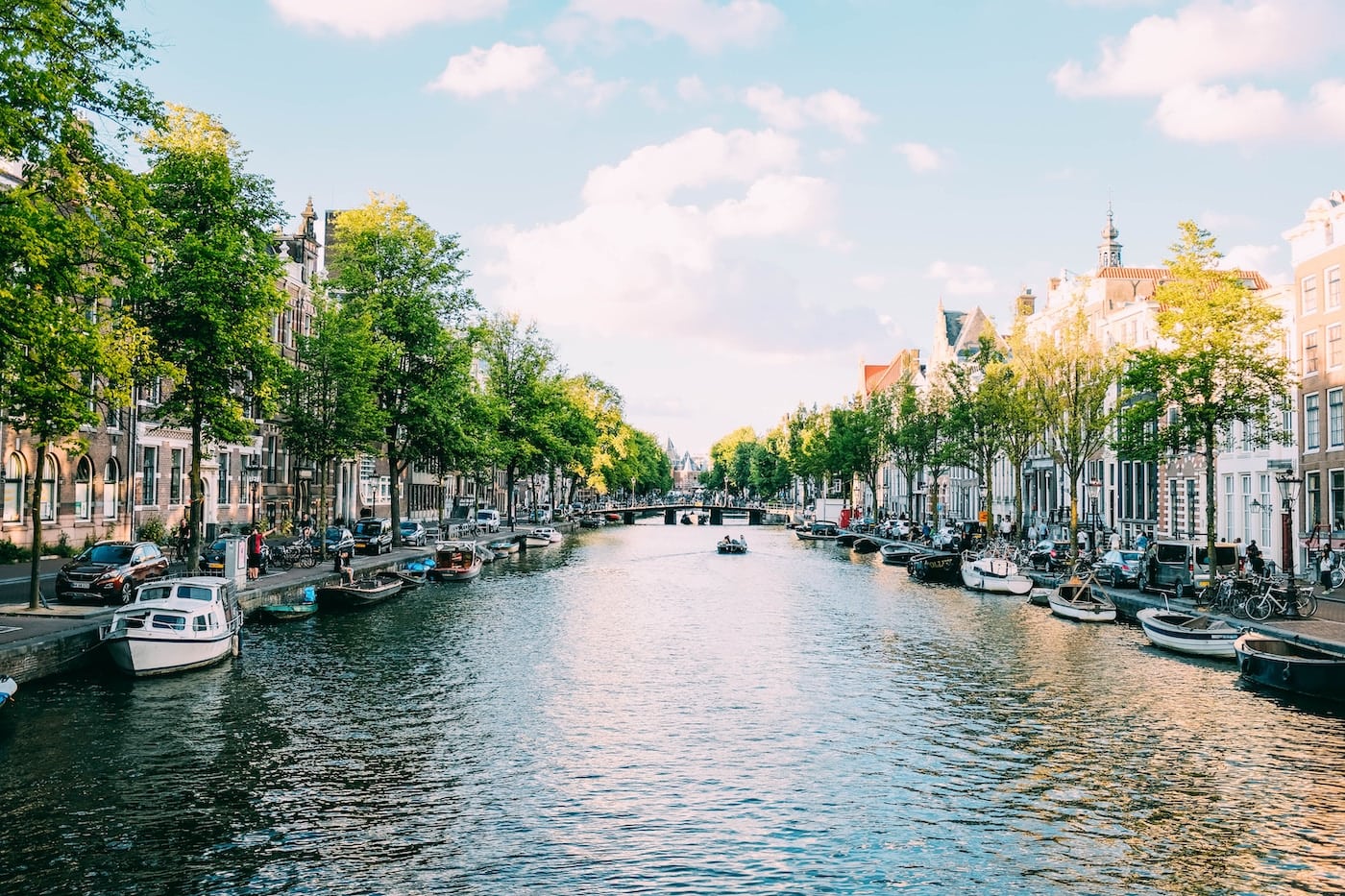
So, you might be considering, or have already decided to relocate to Amsterdam for work – how cool! Since opening in 2016, Zoku Amsterdam has become the relocation housing partner of choice for some of the fastest growing and most innovative companies in the world, offering a safe and welcoming home-base for their valuable international talent to start their new lives in the city.
We’ve taken our extensive relocation experience and combined it with advice from our partners to create the ultimate Amsterdam relocation checklist, to help you get a head-start on your move.
BEFORE ARRIVAL:
- Secure your work visa: For non-EU nationals whose companies do not provide a visa service, you’ll have to apply for your work visa through the IND. Your company will need to sponsor you in to the Netherlands, and you can only begin work once you hold an Mvv (temporary permit). This can take anywhere from a few weeks to a few months.
- Arrange temporary accommodation: Once you’re sure you will be heading to Amsterdam, it’s a good idea to secure some short-stay Amsterdam accommodation for your first few days at least. A lot of companies offer their employees between 30 and 60 days in temporary accommodation to get started. You could pick a lonely Airbnb or a traditional hotel for your short stay, but we think it’s better to stay in a place where you can meet new people and join a community, like Hotel Jansen. At Zoku, you can enjoy a vibrant community and award-winning design in Amsterdam’s “best Aparthotel”, whilst also taking care of important relocation needs such as address registration.
- Search for housing: You can find listings from many of the biggest property brokers (“Makelaars”) in Amsterdam on Funda and Pararius. Looking for a flatmate? Try Tenanthub.nl, which is trusted by working professionals from big corporates such as PVH, TomTom and Booking.com – you could also try joining a Facebook group. DON’T agree to something you haven’t seen, and check out the broker’s reviews before doing business with them.
- Convert your cash: TransferWise is a reliable service which bypasses the traditional banking system, offering fair mid-market rates and a fixed conversion fee for your conversions. Save the enormous commissions normally charged by banks and airport exchange counters, and convert your money instantly online. You can even set up a virtual bank account to keep your money in!
- Tie loose ends: Before you leave your old home, don’t forget to close all of your accounts (eg internet, gas, water), and get copies of your records (eg medical, tax) as you may need them again in the future.
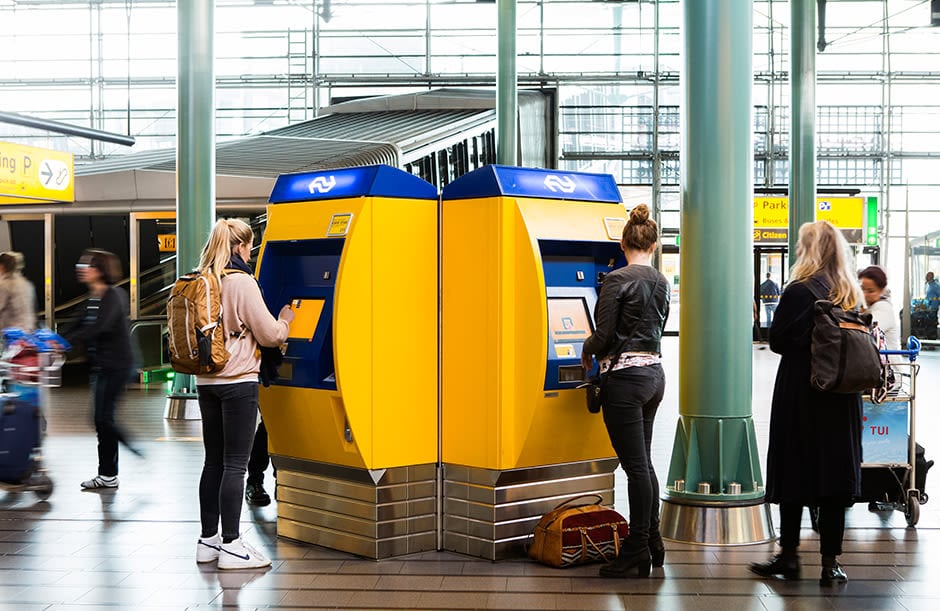
NS Ticket Machines – © Schiphol
FIRST DAY:
- Plan your journey: Whether you’ve chosen to go straight to your new place or to a temporary accommodation, you can find your way there on public transport with ease. Google Maps is functional in Amsterdam, but we recommend 9292, which is a free service developed by the government in collaboration with the public transport companies. Fancy an easy ride? Uber is available in the city and functions just like anywhere else in the world.
- Pick up an OV-Chipkaart: You’re most likely arriving into the Netherlands at Schiphol Airport. As soon as you leave baggage reclaim, you’ll see the yellow and blue NS (Dutch Railways) ticket machines. There, you can pick up your OV-chipkaart (public transport smartcard) which is valid on nearly all public transport in the Netherlands. You can even pre-order a personalized card (which you’ll need for season passes – “travel products”) before you arrive.
- Get some food: You’re probably hungry from your travels. There’s a great restaurant scene in Amsterdam, with a range of options from quick and cheap to Michelin starred. Feeling tired? We get it – traveling can be tough. Thuisbezorgd, Uber Eats and Deliveroo offer a wide range of choices with delivery across the city.
FIRST WEEKS:
- Register yourself for DigiD: DigiD stands for Digital identity. Using your DigiD, you can log into the websites of government agencies and the healthcare sector. Organisations will then know who you are. This can be used to notify the municipality about a move to a new address as well. You will need a DigiD account to connect to several useful websites. Get a step-by-step guide to registration here.
- Get registered: If you’re moving to the Netherlands full time, you’ll need to register with the government to receive your permanent ID number (BSN). Most companies will do this for you, but if yours doesn’t, you should schedule your appointment online with INAmsterdam – the government office that deals with new international arrivals. It’s conveniently located next to Zuid station, and is open throughout the week.
- Take your TB test: Nationals from some non-EU countries are required to take an X-ray to check for tuberculosis. You should have been informed if this is required when your visa application was approved. After filling out the form (which you can do online), you will be sent an appointment time by mail.
- Collect your work permit: If you have a work visa, you’ll need to schedule an appointment at the IND to collect your identity card. The IND office is located next to Lelylaan station, accessible by train, metro and tram.
- Schedule a House viewing: You didn’t sign anything without viewing, right? Good – schedule a house tour or viewing with your landlord or broker. It’s a good idea to ask your new colleagues for advice on the area (some are definitely nicer to live in than others), and when you’re at the viewing, look for the condition of the property and consider issues with items like noisy elevators, windows and doors, and heating.
- Buy some groceries: Even if you’re a calamity in the kitchen, you’re probably going to need some groceries. Albert Heijn is the dominant player in Amsterdam and the Netherlands as a whole, which means that though convenient, the prices can be higher than in other places. Picnic is an online-only challenger (much like Ocado in the UK), offering free home delivery and claiming guaranteed lower prices. Marqt is the best choice for organic, locally grown, high quality products, and for a great atmosphere and the freshest produce try one of the many markets around town during the weekend.
- Set up a bank account: With your BSN, you can register for a Dutch bank account. Established players include ING, Rabobank and ABN Amro, all offering similar accounts and services. Standard accounts in the Netherlands come with Maestro/VPay debit cards, and are generally not useable on international websites. If you’re looking for an internationally accepted card, why not try N26 or Revolut, online banks which are free, easy to use, work across Europe and offer a free MasterCard with your account. For sustainable banking (i.e. no investments into harmful activities), choose Triodos.
- Get insured: It is a requirement to purchase government health insurance, as this is a basic requirement to use the GGD (national health service). It is issued through private insurers, but is capped at a fixed price per month. If you fail to purchase it, you may be subject to fines, visa issues and may not be served in an emergency.
You should also get some general liability insurance (a.k.a. WA or third-party) to protect you against liabilities in the case of (accidental) injury/damage to someone else or their belongings. - Sort your transport: You’re living in the world’s bicycle hub – why not get one for yourself? You can rent or buy a high quality, smart Van Moof bike (amongst the nicest you can get) for less than a bus pass each month, or rent a basic Swapfiets for just €15 a month. Both come with schemes to help you in case of damage or theft. (Top tip: even if you’ve put the lock through your bike, it’s not “locked”. Chain it to something solid like a bike stand, but avoid poles as this is illegal and can result in your bike being taken away by the city.)
- Get a SIM card: Even if your company is providing you a phone, it’s probably a good idea to get yourself a personal number too. KPN is the national phone company and though the most expensive offers the best coverage, whilst Vodafone offers some good deals.
WHEN YOU’VE MOVED IN:
- Connect your internet: One of the essential parts of modern life, good internet is a non-negotiable and something you should be sorting straight away. You can get joint mobile/TV/internet packages with KPN and Vodafone/Ziggo, which can save you effort and money!
- Buy your furnishings: If your apartment didn’t come furnished (and you haven’t shipped anything with you), you’ll need to fit it out. There’s plenty of choice beyond the usual IKEA – explore Zoku-approved designer furnishings at Bolia or Made, pick up houseware at HEMA, and get your DIY supplies at Praxis.
- Get wired up with electronics: You’re probably going to need some electric goods to complete your home. Whether it’s a panini press or a printer, you can order from Coolblue for free home shipping (often arriving the next day). They’ll even deliver up to the fourth floor and install your larger items (like washing machines and TVs) for you.
- Get a gym membership: Keeping fit in Amsterdam is easy – the city is obsessed with health! We recommend the Vondelgym for regular workouts and cross-fit, High Studios for high-intensity workouts, and Delight Yoga for the yogis amongst us – or why not sign-up for Onefit, which gives you access to all of these locations and even more around the city for just €60 a month. You can check out our blog post on living healthy in Amsterdam for more tips.
- Register at your permanent address: Visit your local council office with your contract and become a recognized resident at your address.

© Amsterdam Pride
FIRST YEAR:
- Apply for a tax discount: For the first five years in the Netherlands, foreign nationals can apply and receive 30% off their tax bill.
- Change over drivers licence: If you are moving to the Netherlands and you have a foreign driving licence, you can continue to use this driving licence for a certain period. The length of this period depends on the country where you obtained your driving licence. After this period ends, you will need to have a Dutch driving licence.
- Attend an Amsterdam ritual: You haven’t truly moved to Amsterdam until you’ve attended one of the annual events – don’t miss King’s Day, Amsterdam Pride and ADE!
- Learn more about your new city: There’s hundreds of museums out there to explore in the city – but why not learn more about the origins of your new home? Check out 5 must see museums that capture the history of Amsterdam here.
Have we missed something that you think is important for a relocation? Have an insider’s tip or suggestion you’d like to share with relocating talent? Send us an email at yes@livezoku.com!
SHARE
Sign up for our newsletter and be the first to know about the fun things happening at Zoku Amsterdam
Related articles
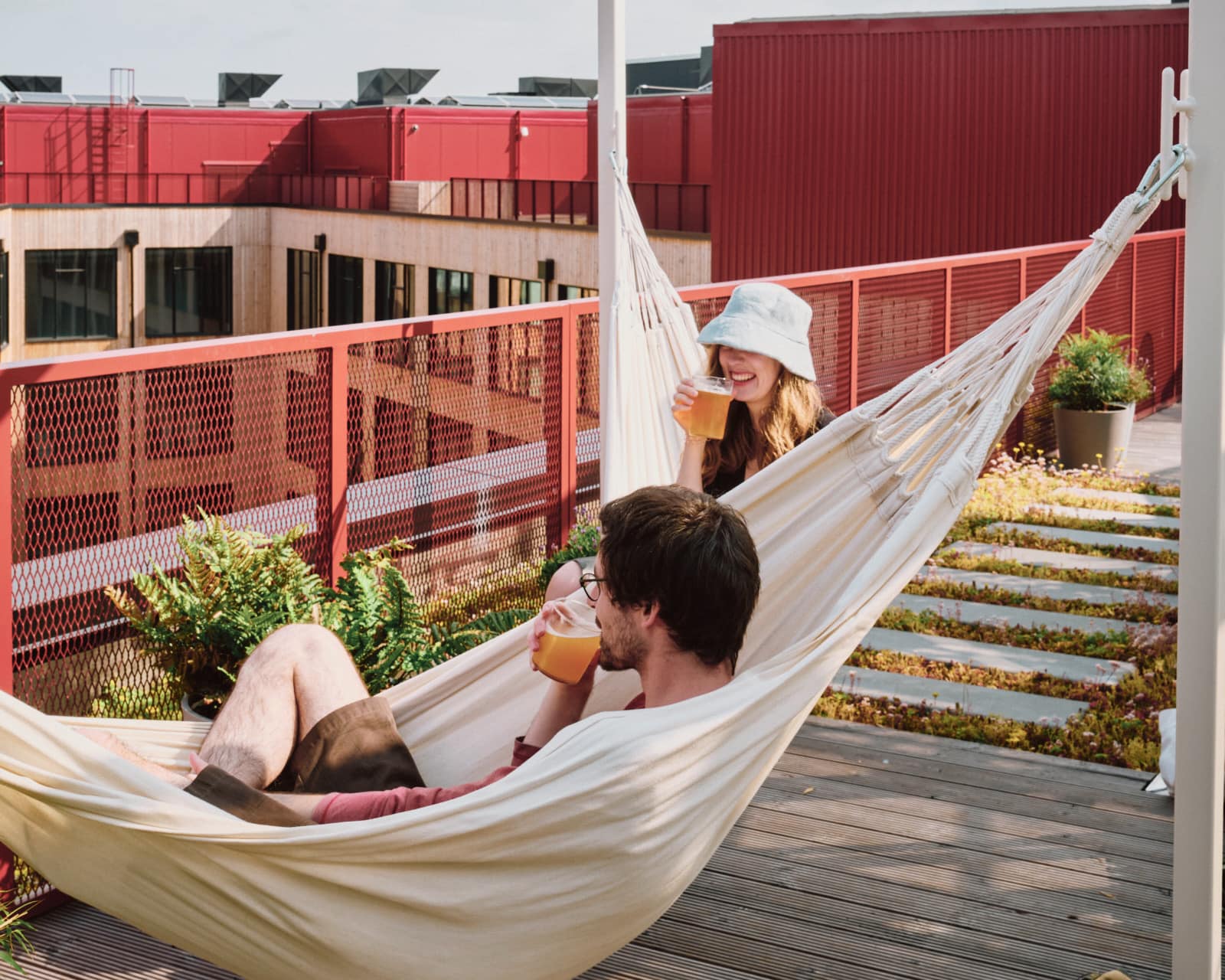
Your guide to solo expat life: Quick tips for housing, culture, and beyond.

6 simple ways to boost productivity during your working day
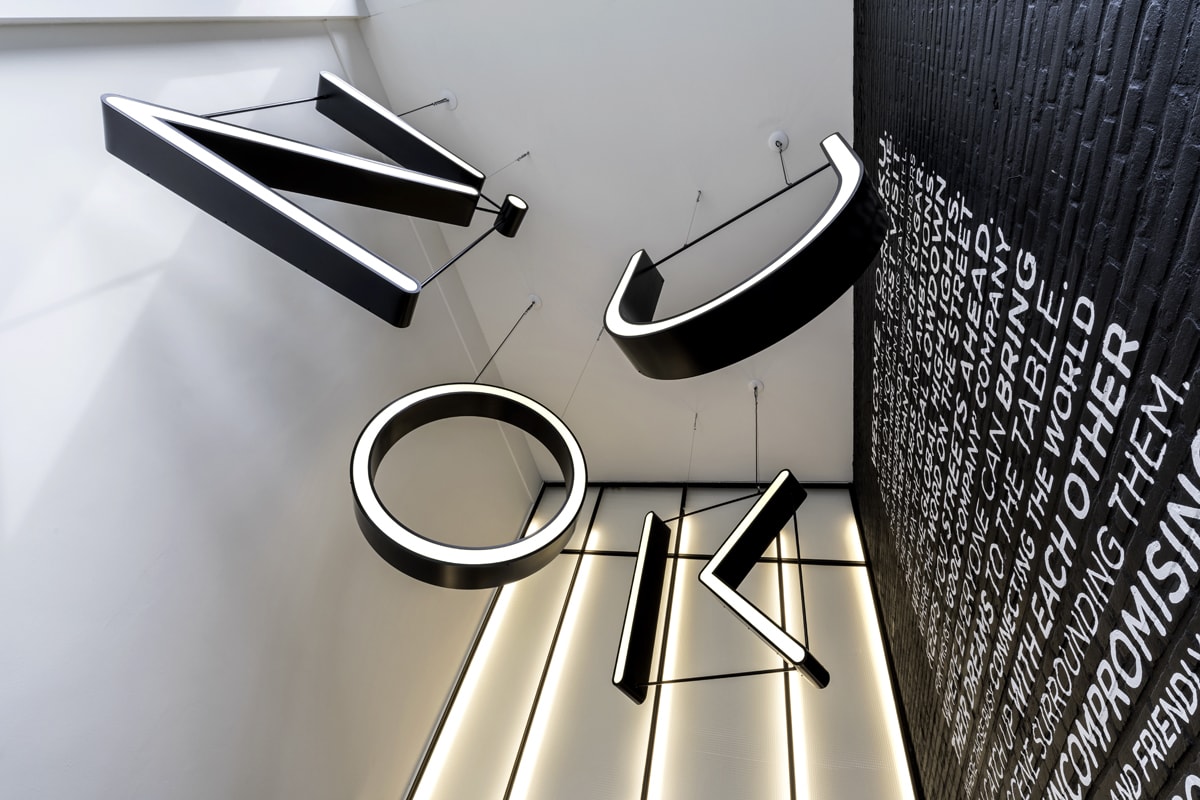
You’ve only got a few nights at Zoku Amsterdam – you should get the most out of your stay!

Read our checklist and get a head-start on your relocation.
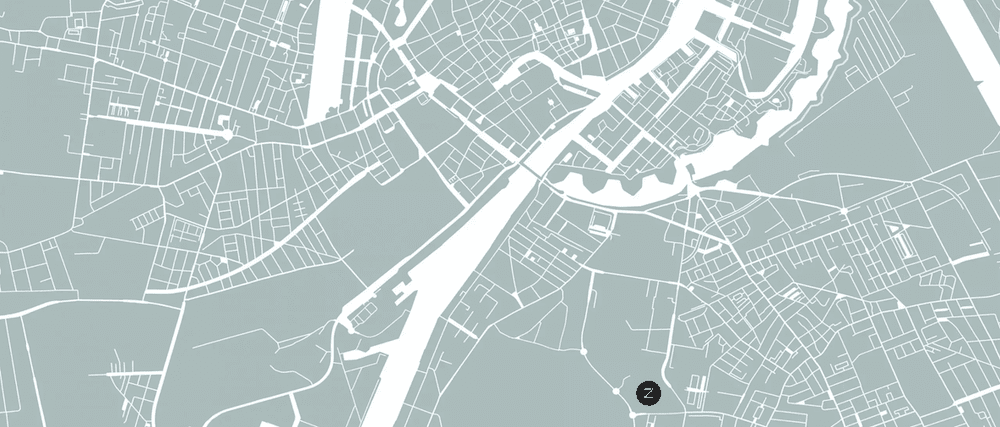
Our ‘Neighbors Guide to Copenhagen’ has everything you need to truly feel like a local.
